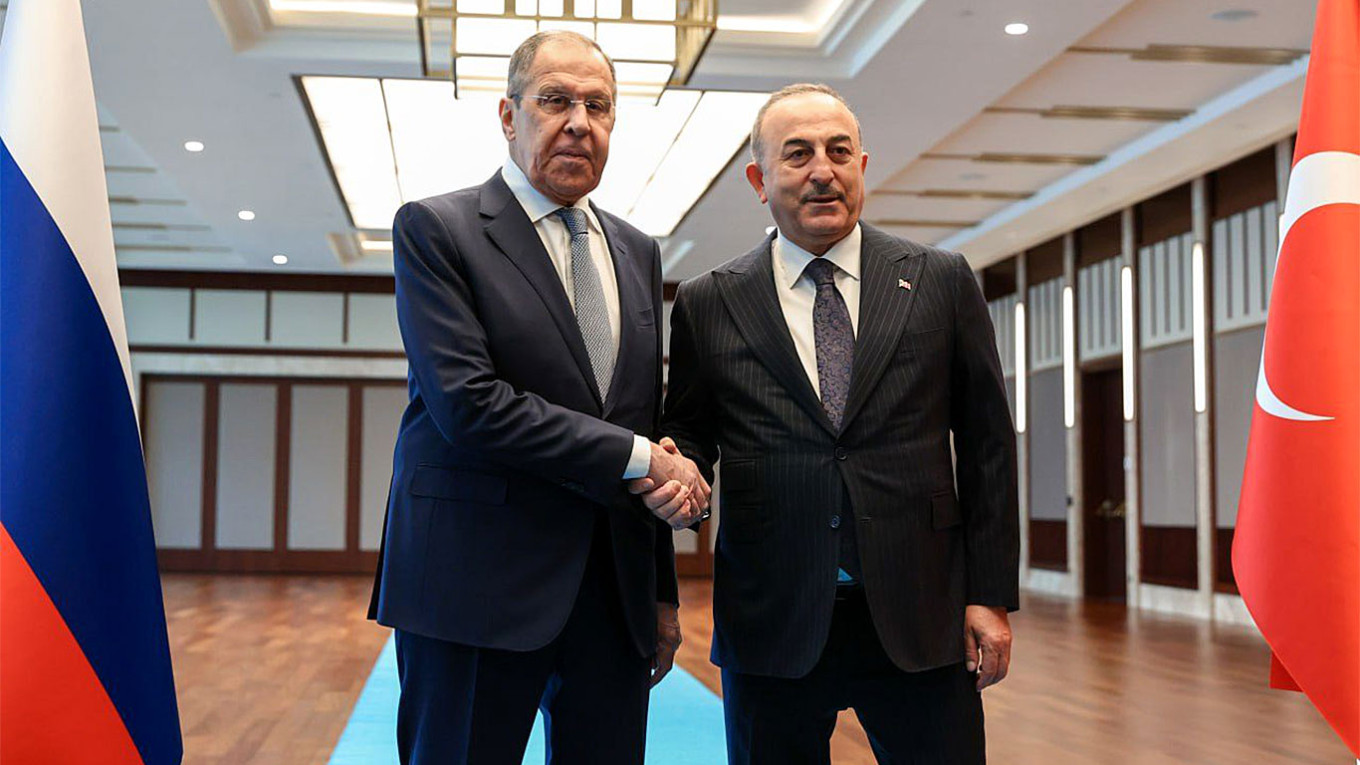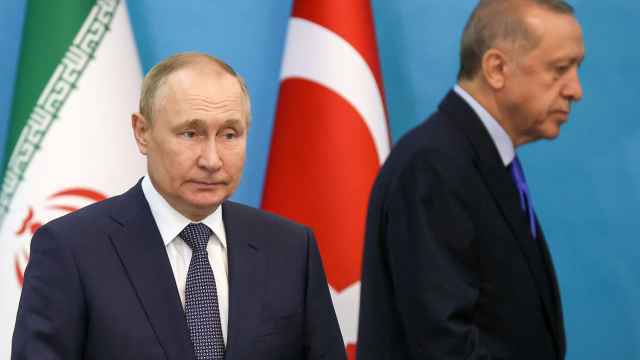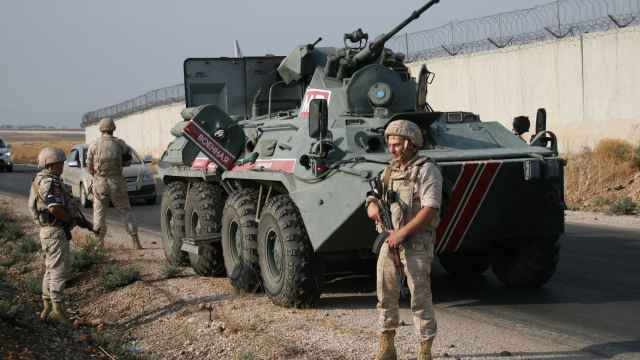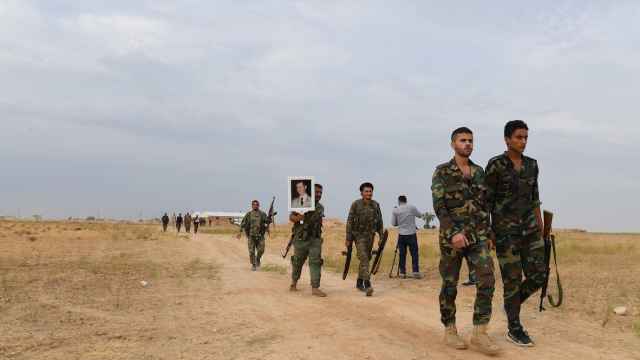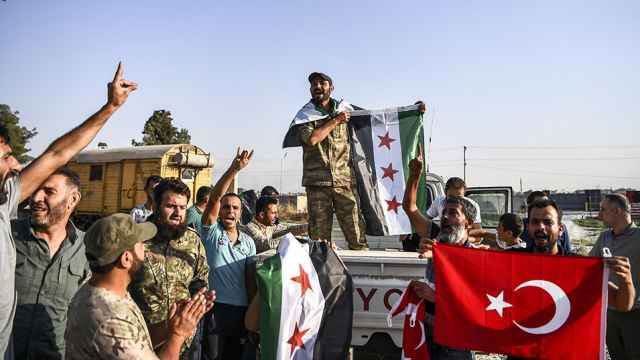Moscow wants any Ukraine peace talks to focus on creating a "new world order," Russian Foreign Minister Sergei Lavrov said on a visit to Turkey on Friday.
The top Russian diplomat was in Turkey — which has retained ties with both Moscow and Kyiv — to hold talks with his Turkish counterpart Mevlut Cavusoglu.
He also threatened to abandon a landmark grain deal, which Turkey helped broker, if obstacles to Russian exports remain.
"Any negotiation needs to be based on taking into account Russian interests, Russian concerns," Lavrov said.
"It should be about the principles on which the new world order will be based."
He added that Russia rejects a "unipolar world order led by 'one hegemon'."
Russia has long said it was leading a struggle against the United State's dominance over the international stage, and argues the Ukraine offensive is part of that fight.
The Kremlin this week said it had no choice but to continue its more than year-long offensive in Ukraine, seeing no diplomatic solution.
The beginning of the offensive saw rising fears of a global food crisis as Russia and Ukraine are major exporters of grain and other agricultural products.
Lavrov however said Russia may pull out of the landmark deal that allowed vital exports to leave blocked ports in the Black Sea.
"If there is no further progress in removing barriers to the export of Russian fertilizers and grain, we will think about whether this deal is necessary," Lavrov said.
On the eve of the visit, Moscow said it extended the agreement "as a gesture of goodwill for another 60 days."
Russia has repeatedly threatened to abandon the agreement that has allowed the export of more than 25 million tons of grain.
Moscow has been complaining that its side of the agreement, promising the right to export fertilizer free from Western sanctions, is not respected.
Turkey is pushing for a 120-day extension in compliance with the original agreement, which was negotiated by Ankara and the United Nations last July.
A Message from The Moscow Times:
Dear readers,
We are facing unprecedented challenges. Russia's Prosecutor General's Office has designated The Moscow Times as an "undesirable" organization, criminalizing our work and putting our staff at risk of prosecution. This follows our earlier unjust labeling as a "foreign agent."
These actions are direct attempts to silence independent journalism in Russia. The authorities claim our work "discredits the decisions of the Russian leadership." We see things differently: we strive to provide accurate, unbiased reporting on Russia.
We, the journalists of The Moscow Times, refuse to be silenced. But to continue our work, we need your help.
Your support, no matter how small, makes a world of difference. If you can, please support us monthly starting from just $2. It's quick to set up, and every contribution makes a significant impact.
By supporting The Moscow Times, you're defending open, independent journalism in the face of repression. Thank you for standing with us.
Remind me later.


